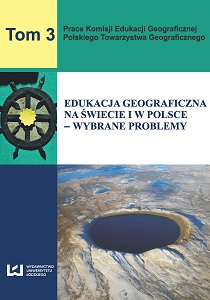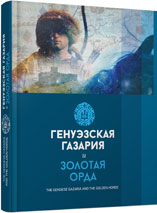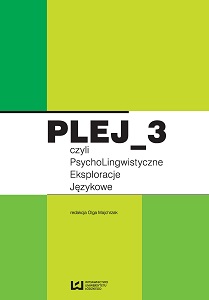Stosunek polskich uczniów do nauki wymowy języka
angielskiego: analizując od nowa
Author(s): Dorota Lipińska / Language(s): English,Polish
/ Publication Year: 0
Keywords: L3 pronunciation;L2 pronunciation;segmental production;vowels;L2 status
It is widely agreed that acquisition of a sound system of a second language always presents a great challenge for L2 learners (e.g. Rojczyk, 2010). Numerous studies (e.g. Nowacka, 2010; Flege, 1991) prove that L2 learners whose first language has a scarce number of sounds, encounter difficulties in distinguishing L2 sound categories and tend to apply their L1 segments to new contexts. There is abundance of studies examining L2 learners’ successes and failures in production of L1 and L2 sounds, especially vowels (e.g. Flege, 1992; Nowacka, 2010; Rojczyk, 2010). However, the situation becomes more complicated when we consider third language production. While in the case of L2 segmental production the number of factors affecting L2 sounds is rather limited (either interference from learners’ L1 or some kind of L2 intralingual influence), in the case of L3 segmental production we may encounter L1→L3, L2→L3, L1+L2→L3 or L3 intralingual interference. This makes separation of L3 sounds a much more complex process. The aim of this paper is to examine whether speakers of L1 Polish, L2 English and L3 German are able to separate new, L3 vowel categories from their native and L2 categories. The research presented in this article is a part of a larger project assessing production of L3 segments. This time the focus is on German /y/. This vowel was chosen since it is regarded as especially difficult for Polish learners of German and it is frequently substituted with some other sounds. A group of English philology (Polish-English- German translation and interpretation programme) students was chosen to participate in this study. They were native speakers of Polish, advanced speakers of English and upper-intermediate users of German. They had been taught both English and German pronunciation courses during their studies at the University of Silesia. The subjects were asked to produce words containing analysed vowels, namely: P /u/, P /i/, E /uÉ/, E /iÉ/, E /ɪ/ and G /y/. All examined vowels were embedded in a /bVt/ context. The target /bVt/ words were then embedded in carrier sentences: I said /bVt/ this time in English, Ich sag’ /bVt/ diesmal in German and Mówię /bVt/ teraz in Polish, in a non-final position. The sentences were presented to subjects on a computer screen and the produced chunks were stored in a notebook’s memory as .wav files ready for inspection. The Praat 5.3.12 speech-analysis software package (Boersma, 2001) was used to measure and analyse the recordings. The obtained results suggest that L2 affects L3 segmental production to a significant extent. Learners find it difficult to separate all “new” and “old” vowel categories, especially if they are perceived as “similar” to one another and when learners strive to sound “foreign”.
More...




